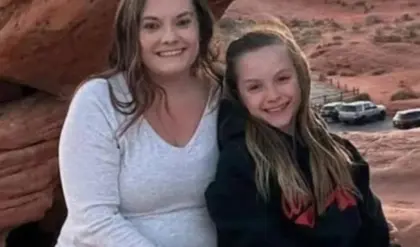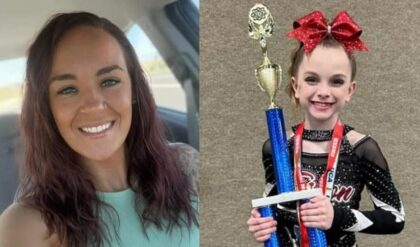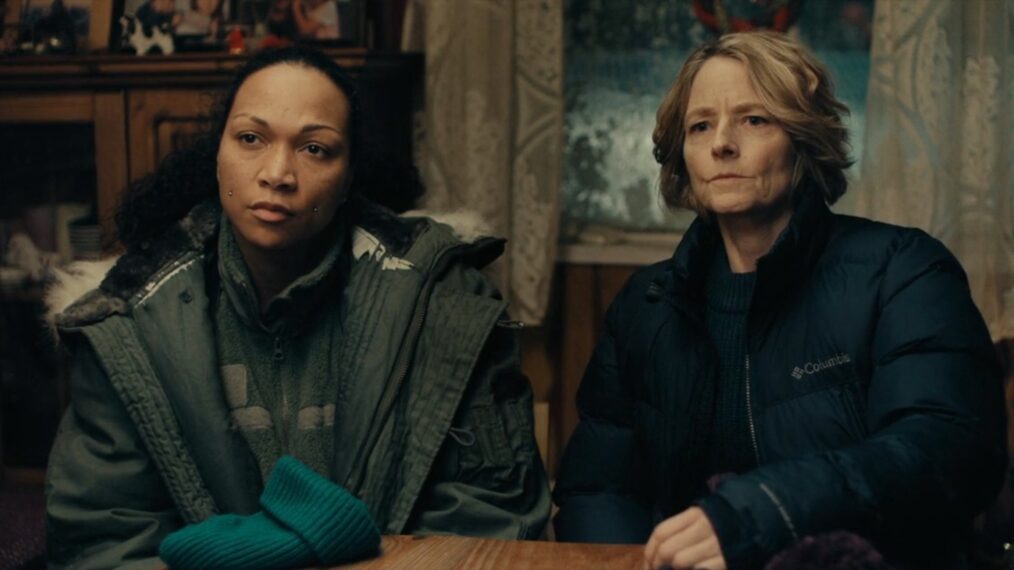
True Detective: Night Country delivered its final chapter and with it the closure of another case, but is there room for more in the future?
After introducing Season 1 connections to Night Country‘s Alaskan-set story, True Detective teased possibilities for a crossover, but would the stars return for a second case? Kali Reis who plays Detective Evangeline Navarro says, “Navarro has gone through the ringer, man, leave that woman alone,” with a laugh.
“No, I think it was meant to be what it is,” Reis clarifies of the story showrunner Issa Lopez set out to tell. “I mean, you could go off and explore each character. You can explore who they were before all this s**t hit the fan, so to speak. You can explore way back. You can explore [the far] future. But I think you can’t have Danvers (Jodie Foster) and Navarro solving a case without them hating each other.”
In other words, their dynamic for solving cases hinges upon their frustrations toward one another. “I think that they’re in a place where they have a deep understanding for each other and respect for one another. You can’t have that type of dynamic.” The only way Reis would re-explore Navarro onscreen is if Lopez asked. “If Issa was like, ‘Listen, this is what we’re doing…’,” Reis says trailing off, then perhaps she’d return, “because… I loved her stories.”
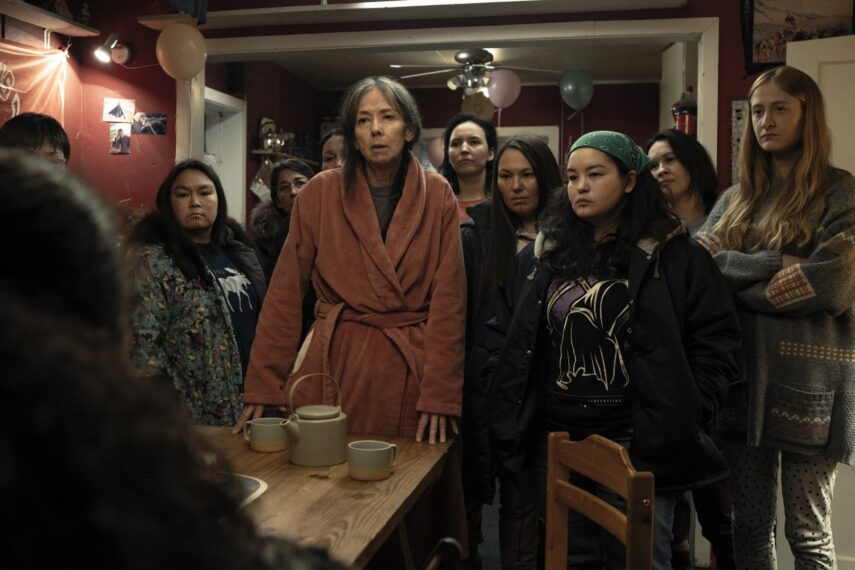
In the end, Season 1 connections were more of an echo than tied to an actual criminal operation (after all, “time is a flat circle”), but that doesn’t make them any less interesting. Ultimately, Season 4 was about shining a light on the marginalization of Indigenous communities and coping with lingering trauma.
Putting a spotlight on missing and murdered Indigenous women is something Reis has been passionate about throughout her career and is one of the reasons she signed on to play Navarro. “That’s the whole reason why I started bringing awareness to different issues in the community with my boxing career,” Reis says.
“I mean, we know what Taylor Swift is doing, but we don’t know a person has gone missing again. So just having the chance to shine a light on these very real issues, especially when Issa chose to [set the story] in Alaska where seventy to eighty percent of the population are Alaska Natives, was really important.”
In addition to Indigenous representation, the show’s central reveal about the mines and Tsalal scientists conspiring to raise pollution levels for research is important to understand ongoing real-world issues surrounding climate change. “We are part of the land. It’s not ours,” Reis points out.
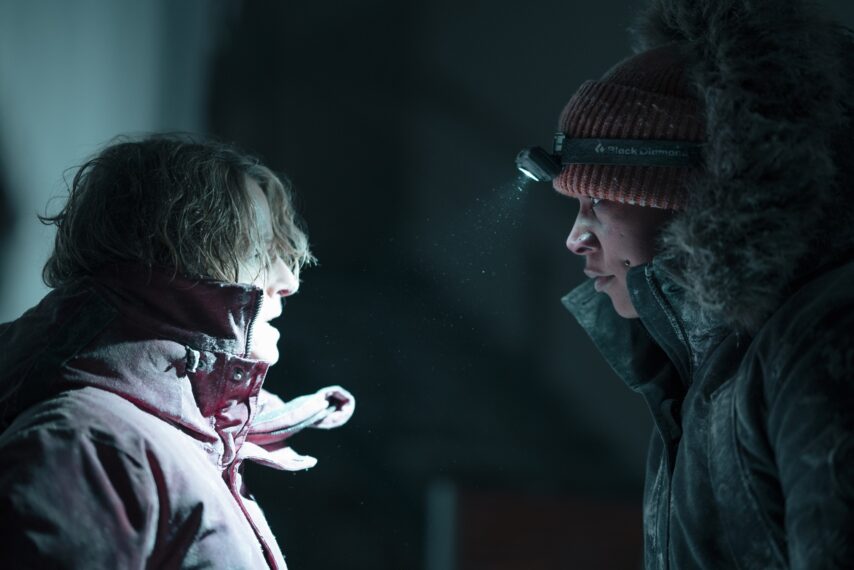
(Credit: HBO)
“I was happy to see that the real issues around the environment and missing and murdered Indigenous women [being explored]. Also the invisibility of our women.” As Reis points out the ending of the season sees Indigenous women become the heroes, taking matters into their own hands as they forced the Tsalal scientists out into the cold after learning they were responsible for Annie K’s (Nivi Pedersen) death. “No one’s going to pay attention to the Native ladies cleaning up, but that’s the perfect time to take justice into your own hands.”
And their story is delivered in a way that Navarro says, “was just so realistic.” Seeing the Indigenous women in a storytelling setting, Reis says, “brings so much pride. I laugh because I know all the Indigenous folk [are gonna be like], ‘Those are my aunties right there.’ It was just really awesome to see that, and it’s a hell of a way to still leave it open-ended because they did justice. They were doing the work that they needed to do to bring justice.”
“Now what happened to them out on the ice? We’ll never know,” Reis says of the scientists who were found frozen and half buried.
“As Indigenous people, we have common morals, a common understanding of how things operate. You have to live with the land, but you go from family to family, and stories are different,” Reis says. “So I just love that aspect of storytelling being the whole thing that wraps it all up. This is a story and you’re going to tell this story, and it’s again, your choice to either decide if it’s the truth or not.”
